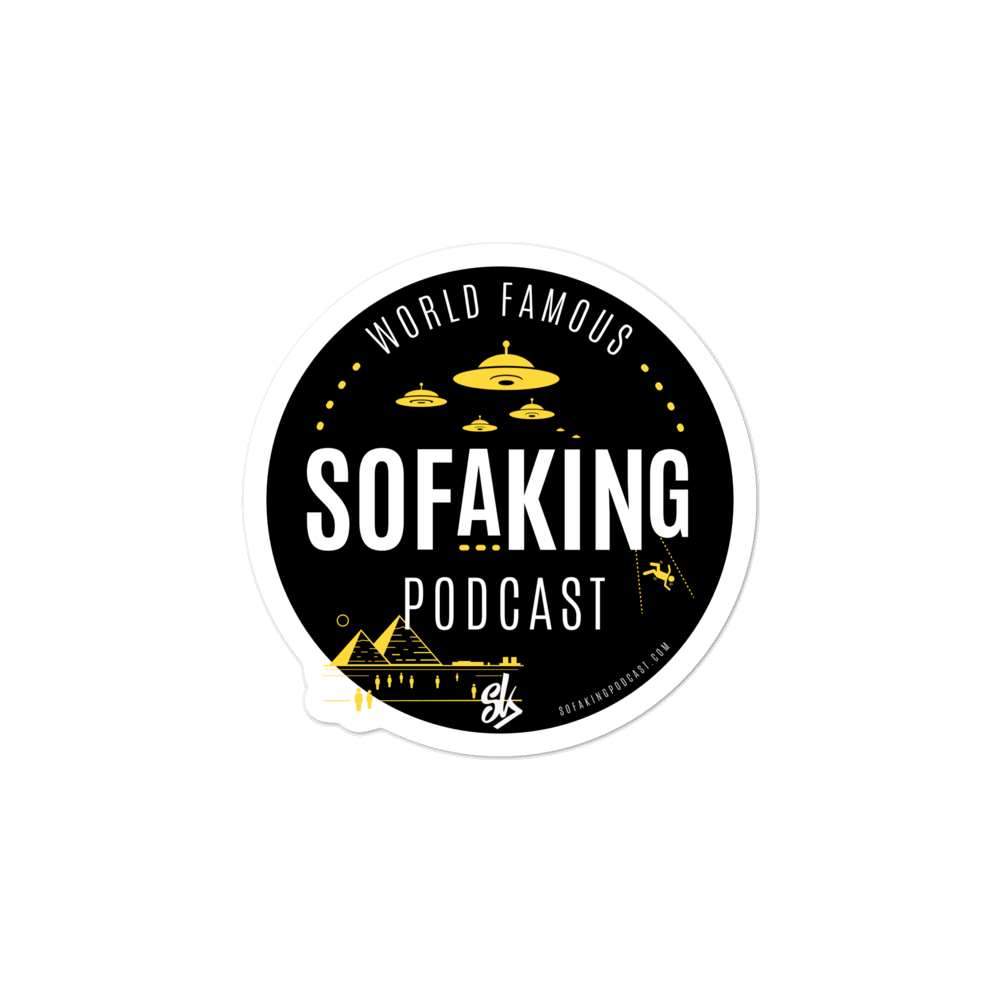Episode 128: Fukushima: Waves of Disaster

Podcast: Play in new window | Download
On this episode of the Sofa King Podcast, we talk about the earthquake, tsunami, and nuclear meltdown at the Fukushima Daichi power plant in Japan. At 5:46 AM on Friday, March 11th of 2011, the fourth largest recorded earthquake known on the planet earth occurred. It was a 9.0, centered on the ocean floor 43 miles east of Tōhoku, Japan. The quake was so powerful, it permanently moved the main island of Japan by 8 feet, and adjusted the earth’s axis by 4 inches! This beast was known as The Great East Japan Earthquake, the 3/11 Quake, or the Tōhoku Earthquake.
A quake of that magnitude did some massive damage on its own, but the tsunami was even worse. Final results of the disaster tallied in 2015 were a total of 15,894 deaths (92% by drowning) and 127,290 buildings totally destroyed. A wall of water as high as 36 feet patiently destroyed village after village. The quake and the wave it spawned would have been enough for any natural disaster to make the record books, but when the nuclear power plant had troubles, everything was magnified in scope.
The Fukushima nuclear power plant had three safeguards against a quake and was marginally protected against a tsunami, but the reactor was not prepared for one so massive. The backup generators that should have kept the fuel rods cool were drowned by the tsunami, and within an hour, there was a meltdown of the core and a massive explosion of hydrogen gas that blew the roof off of the reactor and spewed radioactive material into the air, soil, and water.
How bad was the reactor’s meltdown? How many did it kill in Japan? How much of the radiation made it to the U.S. or is still lingering in our oceans? The answers might surprise you as they did us. We look at the effects of this meltdown five years later, the 750,000 million gallons of radioactive waste water that Japan can’t easily dispose of, the dangers of another quake hitting the area, and the fault of the plant’s owners Tokyo Electric Power Company (TEPCO)–they knew this could happen, as it had happened before, but they nothing to prevent this disaster.










